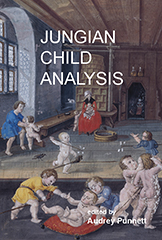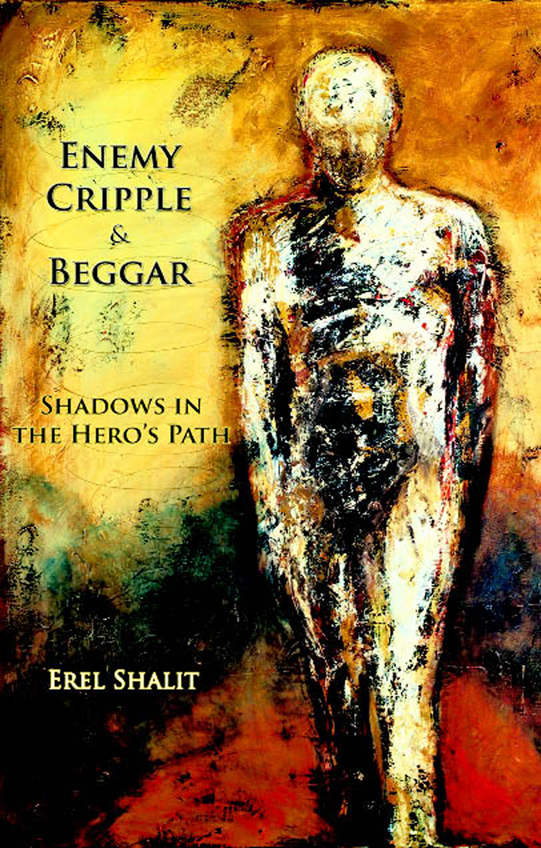June 10, 1936 – October 22, 2017
From conception on, C.G. Jung, his ideas, and analytical psychology itself was a central thread of Thomas B. Kirsch’s life. His parents, James and Hilde Kirsch, were in analysis with C.G. Jung when Tom was born, and he was imaged to be the product of a successful analysis. At an early age, Dr. Kirsch was introduced to many of the first-generation analysts who surrounded C.G. Jung, and over time became acquainted with them. Later, in his roles with the IAAP, Dr. Kirsch gained a broad knowledge of the developments in analytical psychology, and through both his early family history and in his later professional life, he worked closely with many analysts who were integral in forming the foundations of analytical psychology.
Dr. Kirsch graduated from Yale Medical School in 1961, did his residency in psychiatry in the Department of Psychiatry at Stanford University, and then spent two years with the National Institute of Mental Health in San Francisco. He completed his Jungian training at the C.G. Jung Institute of San Francisco in 1968. In 1976 Dr. Kirsch became president of the Jung institute in San Francisco, and in 1977 he was elected second vice president of the International Association for Analytical Psychology, or IAAP, the professional organization of Jungian analysts around the world. As vice president and then president of the IAAP for eighteen years, he traveled the world and was able to meet Jungian analysts from many different countries. This position allowed him to serve a missionary function of sorts in new areas like China, South Africa, Mexico, Russia, and other former Soviet Eastern Bloc countries. In A Jungian Life, Thomas B. Kirsch reflects upon his entire existence which has been intimately involved with C.G. Jung and analytical psychology.
We are grateful for the generous contributions Thomas B. Kirsch has made to humanity, and we are proud to be the publisher of his memoir: A Jungian Life.
Mel Mathews
Publisher, Fisher King Press
Fisher King Press publishes an eclectic mix of worthy books including Jungian Psychological Perspectives and a growing list of Cutting-Edge alternative titles. www.fisherkingpress.com






